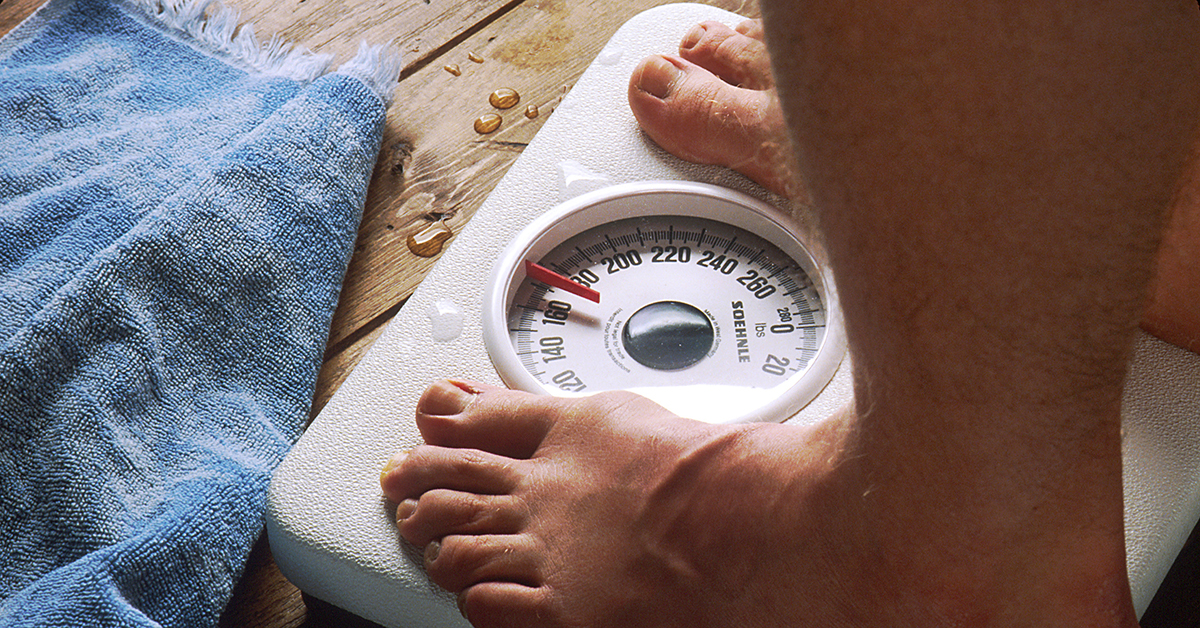Managing your weight can be a complex process, especially if you’re trying to lose weight. It can be challenging to keep track of what you’re eating and how much exercise you’re getting each day. That said, once you know how to manage your weight effectively; it’s not as hard as you might think. There is a lot more to being successful at weight control than just counting calories and hitting the gym (although both of those things are important). Keeping track of your diet, monitoring what foods give you the most nutrition and figuring out how many calories you burn through daily activities are all important things when it comes to managing your weight. Changing habits isn’t easy for everyone, but by following these tips below, anyone can become more successful when it comes to weight control
Plan your meals ahead of time
Don’t try to figure out what to eat as you go along. Plan out your meals for the week and make sure you have everything you need in your kitchen to create those meals. This will help you keep track of what you’re eating and prevent you from falling into unhealthy eating habits. When you have a set meal plan, you also have a better idea of what nutrients you need to be consuming. This can assist you in figuring out what vitamins and minerals you might be missing out on in your diet. It can also help you identify foods that may be adding unnecessary calories to your diet. When you plan your meals ahead of time, you can also make the most of your grocery shopping trip. You can get everything you need in one go, so there is less chance of forgetting essentials.
Incorporate protein at every meal
Eating more protein can help you maintain muscle mass while you’re on a diet. It can also assist you in feeling fuller while you are on a diet. If you are trying to lose weight, it can be difficult to find a healthy balance between eating too little and eating too much. Eating protein-rich foods can help you find this balance. When you’re dieting, you may be tempted to eat less protein-rich foods, but this can actually slow down your metabolism. Eating more protein can actually help you speed up your metabolism, which can help you burn more calories. Food that is rich in protein also tends to be high in fibre and other important nutrients, which can help you maintain a balanced diet while you’re dieting.
Commit to a regular exercise routine
Regular exercise can help you burn calories and shed pounds. It can also help you feel more energized and less likely to crave unhealthy foods. It’s important to note that not all exercises are created equally when it comes to weight control. If you want to shed pounds, you’ll want to focus on aerobic exercises. These include activities like running, swimming and cycling. If you want to build muscle while you’re dieting to help prevent muscle loss, you may want to focus on resistance training exercises. These include activities like lifting weights, push-ups and sit-ups. Commit to exercising regularly to see the most benefits from it. It’s also important to note that not every exercise is created equally.
Don’t forget to include fibre in your diet
Fibre is an important part of a healthy diet. It can help you feel fuller for longer, regulate digestion and even lower your cholesterol levels. It can also be used to lower your risk of heart disease and certain types of cancer. Unfortunately, fibre is often left out of diets that are focused on losing weight quickly. A diet that is low in fibre can make you feel bloated, cause constipation and even lead to other digestive issues. Make sure your diet includes plenty of whole grains, vegetables and fruits. This can help you feel fuller for longer and can even help you drop pounds. Studies have shown that people who eat a diet that is high in fibre are able to lose up to two times more weight than those who don’t.
Track your weight regularly
Weighing yourself at regular intervals can help you keep track of your progress. It can also let you know when something might be going wrong. If you notice that you aren’t losing weight after a certain amount of time, you may want to make an appointment with your doctor to see if something is wrong. They may be able to help you figure out what might be causing a plateau in your weight loss and offer you advice on how to get back on track. There are many different ways you can track your weight. Some people like to use digital scales, while others prefer paper charts.
Quercetin Supplementation
Quercetin is a powerful antioxidant that can help you improve your health in many different ways. It can improve your digestion, boost your immune system and even help you sleep better at night. Quercetin can also be used to manage your weight. Studies have shown that quercetin can help you lose weight, especially around your midsection. Quercetin has also been shown to help lower cholesterol levels, which can reduce your risk of heart disease. Quercetin can be found in a variety of different foods, including apples and onions. You can also purchase quercetin supplements to help you manage your weight and improve your overall health.
Conclusion
There is a lot more to being successful at weight control than just counting calories and hitting the gym (although both of those things are important). Keeping track of your diet, monitoring what foods give you the most nutrition and figuring out how many calories you burn through daily activities are all important things when it comes to managing your weight. Changing habits isn’t easy for everyone, but by following these tips below, anyone can become more successful when it comes to weight control.


 Home
Home









